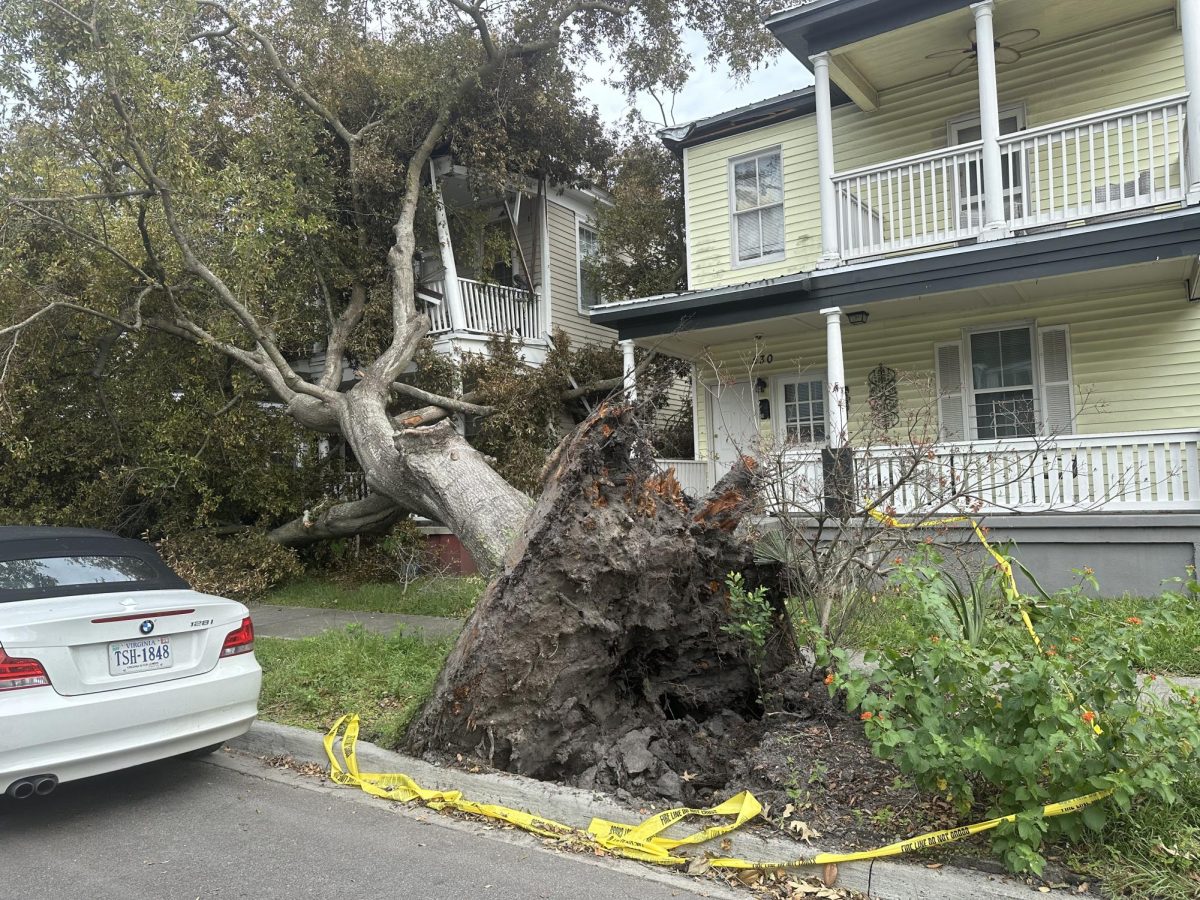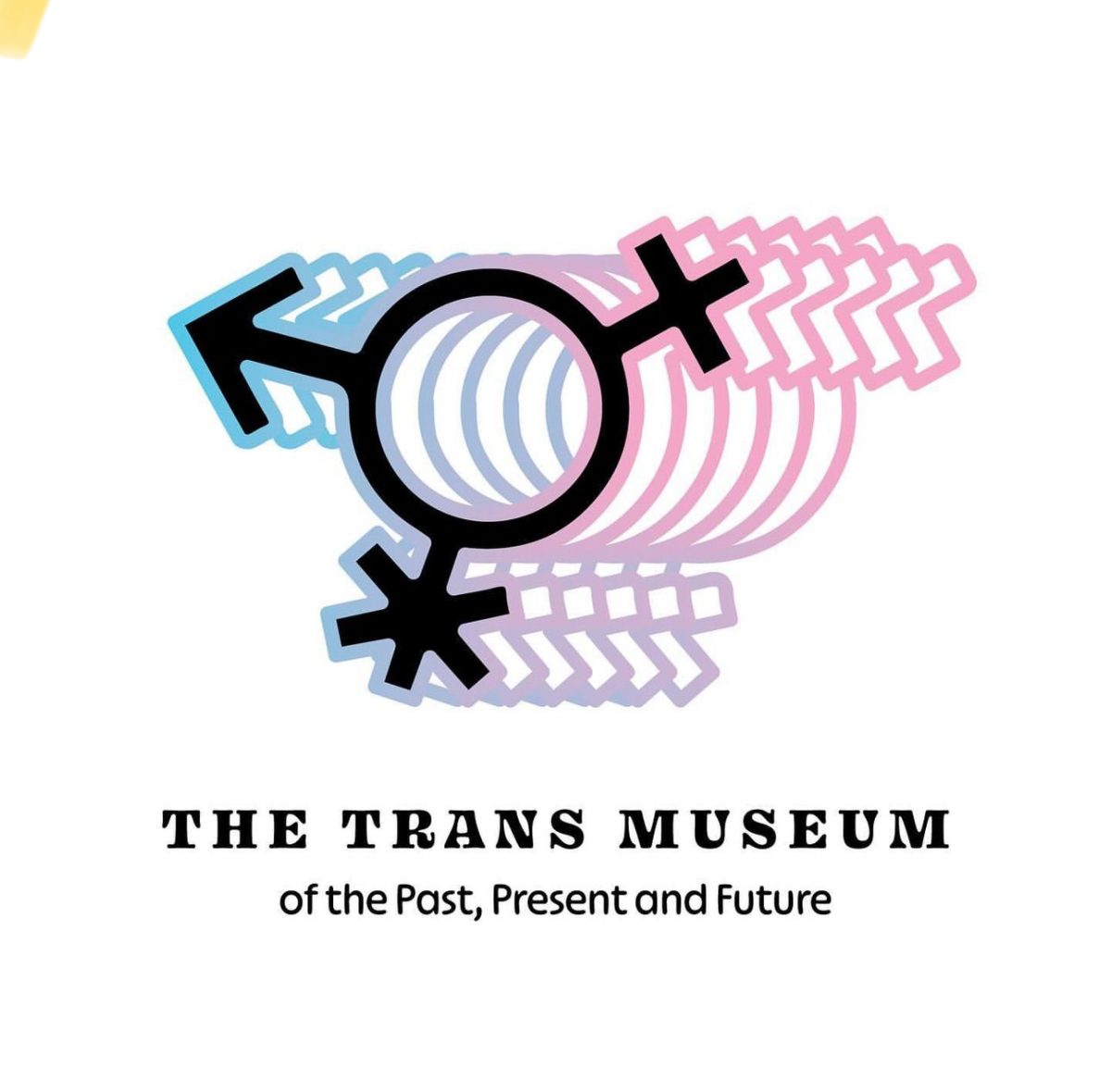By Lauren Ashley, Staff Writer
On Sept. 29, a Child and Family Studies Information Session took place in a cavernous University Hall classroom.
Ironically, the classroom is one of the least likely places a student under this new major would find themselves. In fact, the main goal of this undergraduate program, within the College of Education, is to encourage students who love children to seek employment options outside of teaching.
Dr. John Hobe, Head of the Childhood and Exceptional Student Education Department enthusiastically introduced the attendees to a previously little known option of study: “We created the program a year ago. It is officially open to students now.” He then went on to explain what the program actually is.
“Those who chose to pursue this program will be prepared to work in a multitude of occupations related to children and students in general, such as curriculum development, college student affairs, social services, advocacy and childcare programs. Not to mention, a Bachelor of Science in Child and Family Studies still qualifies students to teach preschool if they find teaching to be their true calling.”
Savannah Technical College offers a similar program, especially for aspiring preschool teachers or daycare workers, but it provides fewer benefits via an associate degree and less job options. Hobe emphasizes this comparison by saying, “The Armstrong degree can assist them [students] in finding employment with choices other than day care centers and preschools.”
ASU Junior, Rachel Crawford, once thought of transferring to Savannah Technical College to pursue a degree; however, she was dissatisfied with the lack of credentials she would receive: “Then, I realized it was only a two year degree, and I really wanted that four year.” Her education ambitions steered her back to Armstrong once she became employed at a daycare. “I worked in a Pre-K class, and I loved it,” Crawford says.
As a result, Crawford is an Early Childhood Education (ECE) major in the observation stages of the program. Unfortunately, she has found that the public school system is entirely different from when she was a student. Therefore, this major may be the perfect option for someone who, as Crawford explains as her reason for considering this program, “like[s] the more one-on-one setting, not like twenty-five kids to one teacher.”
On the other hand, there are those ECEs, like Lauren Olsen, that would never leave their program of study. “I think in theory that it [the Child and Family Studies Program] sounds good, and I am excited to see how it works out, but that still will not be the track I go down.” Olsen said.
Regardless of the differing opinions on what program to pursue, there is an obvious consensus that the College of Education (COE) is approved by all who study education in general.
Olsen said the COE’s popularity is due to quality professors and the individualized attention they provide. “I love that my professors take the time to get to know me instead of just looking at me as another student to teach. I could tell there was a difference in these professors and the core professors from the moment I stepped into one of the classes.”
Student opinions, such as these, directly coincide with the COE’s ultimate goal. Hobe, a confident COE faculty member, declares, “In our college, we want you to be successful. So once you’re admitted, that’s it. You’re going to be successful and graduate – just relax and learn a lot.”
By the end of the meeting, Crawford appeared to be planning to take Hobe’s advice and change majors for what would hopefully be the final time, “I have gone through a lot of things before deciding on this, but I know I want to work with kids.”
Other students who are interested in the COE, especially this recently added option of study, should contact Dr. John Hobe or visit his office, University Hall 267. Those who have already been admitted to the COE should talk with McKenzie Peterman, and pre-candidacy application students should discuss this possible change of programs with Allison Scott.



